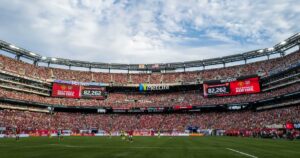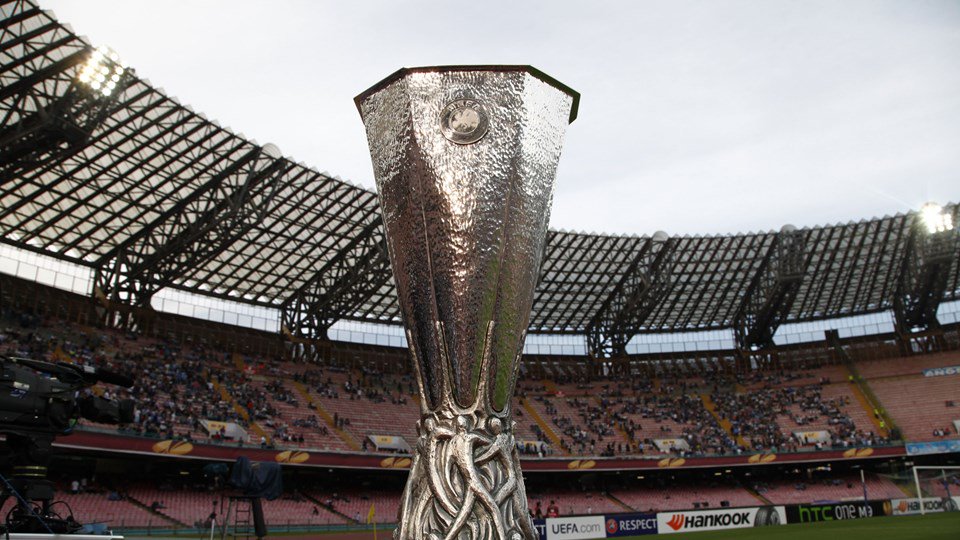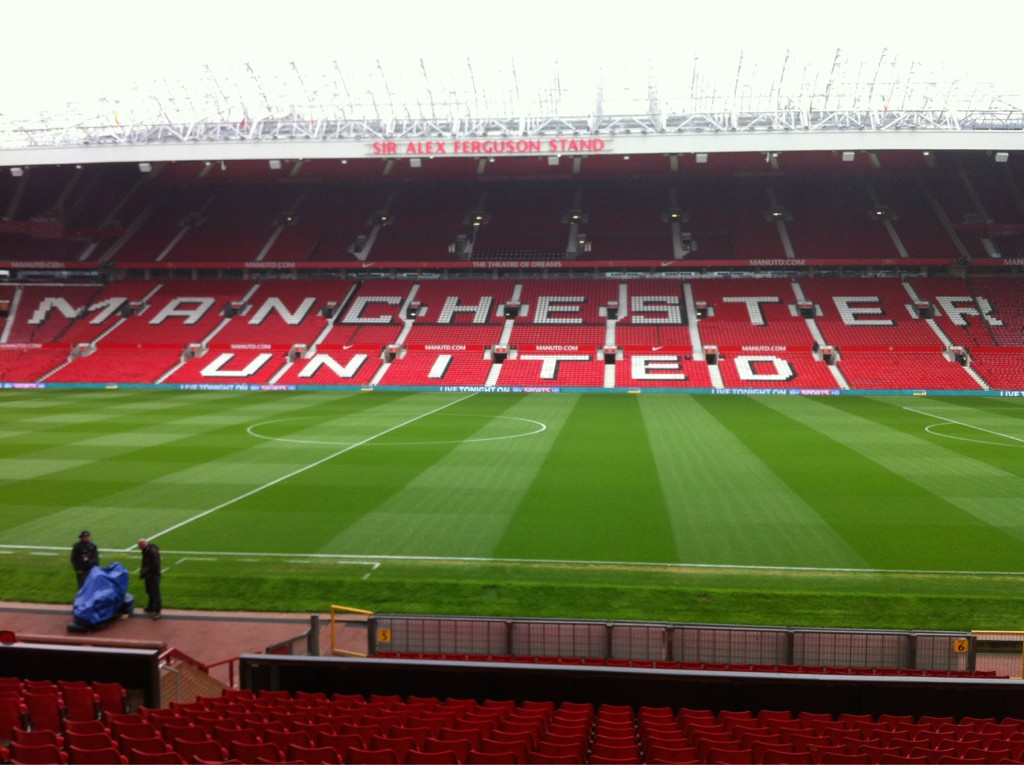Manchester United have announced second quarter figures in the six months to December 31 2010 with the turnover increasing to £156.6million and earnings increasing to £60.6million.
During the six month period, the figures show an increase of revenue by 8% and the earnings were increased by 3% (before interest, tax, depreciation and amortisation).
Manchester United used their commercial activities to great effect with the revenue jumping to £50.4million, an increase of £11.7.million. Matchday revenues made a loss of £200,000 and are now at £52.4million and media revenues remain largely flat.
During this quarter, the clubs parent firm Red Football, bought back £24million of secured bonds. A year ago the debt was at £512.5million but now stand at £489.4million with the balance sheet also showing an increase of £12.4million to £134.5million
Probably the best source for understanding United’s financial results is Anders Red and this is what he said about them:
United as a business is in good shape. The club will (barring a calamity on the pitch) makes £105m+ of EBITDA in the current year. That places it in a league of one in European football. Pre-transfer cash flow will be less strong as interest, swap loss payments and working capital outflows impact, but the club will be cash positive.
From a growth point of view however United is like a plane running on only one functioning engine; commercial partnerships. Between 2006 and 2010, largely through ticket price increases, matchday revenue rose 9.4% per annum, it is now not growing at all. Over the same period, media income rose a staggering 23% per annum, it is now growing 1-2%. Everything rests on commercial partnerships. None of this is particularly gloomy as the club already makes so much money, but what it does show is that future growth is going to be very hard to find.
Meanwhile the great “cash mystery” remains. Why issue expensive bonds at 8.5% interest whilst keeping so much money in the bank? Why has there been so little transfer spending by the serial smasher of British transfer records? Where did the PIK repayment money come from? Woodward claims the money in the bank is there to provide “flexibility”, but the club was happy to run with an average cash balance of £45m between 2005 and 2008. Now £135m is seen as prudent, far in excess of what any football club anywhere has needed before. Why the sudden change?


